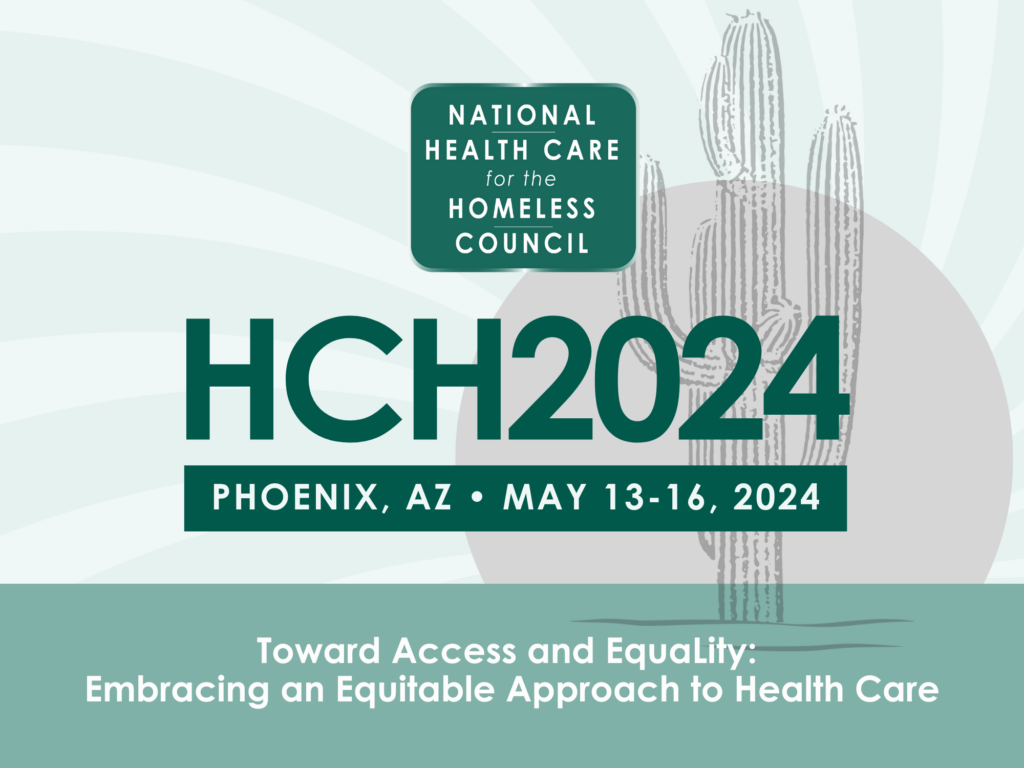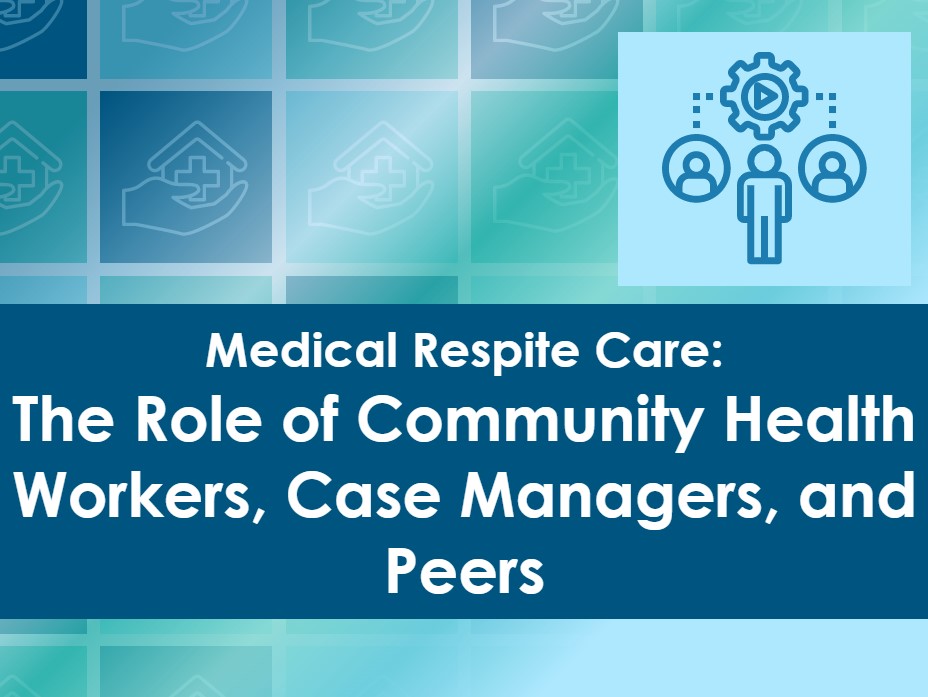From Feasibility to Facility: The Journey to Establish a Medical Respite
This workshop will provide an in-depth presentation of the three phases a faith-based community service organization led to establish a medical respite facility and Community of Care for persons who are experiencing homelessness. The three phases include the community partnerships that were convened to 1) complete the feasibility study for the facility; 2) the fundraising […]
From Feasibility to Facility: The Journey to Establish a Medical Respite Read More >>




